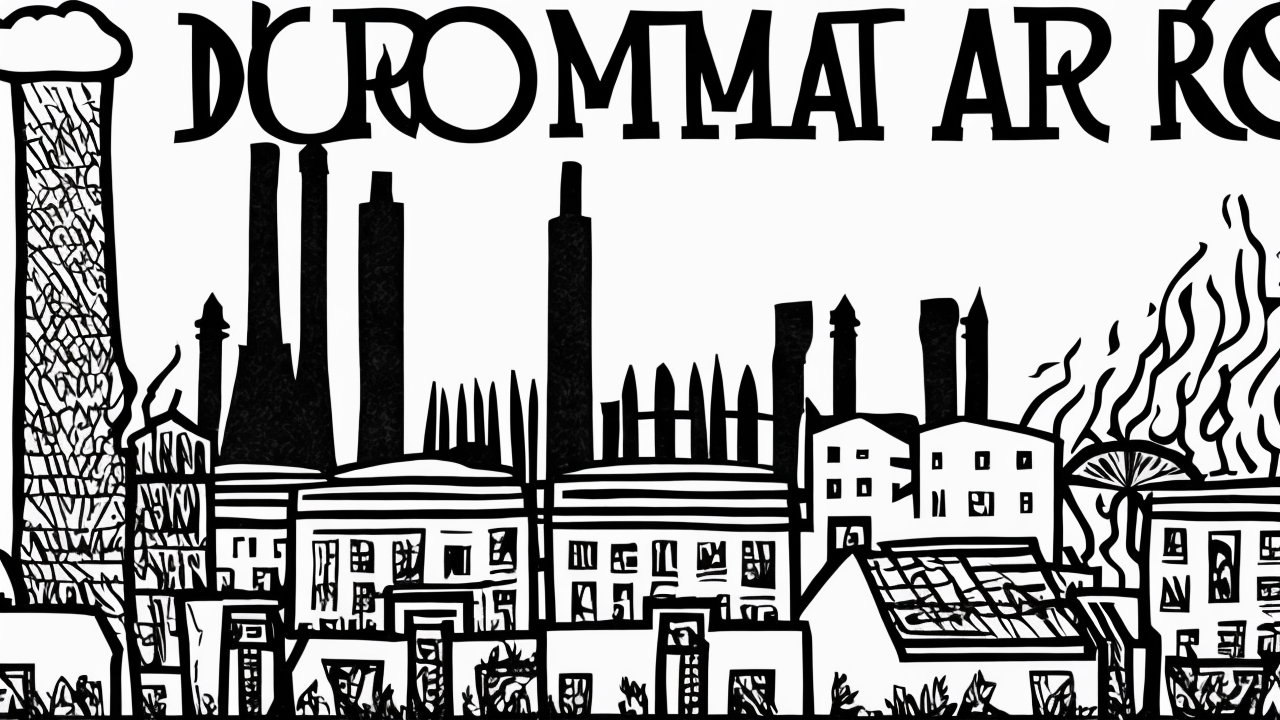Republicans Push for Clean Air Act Reforms to Reduce Regulatory Burdens

A House Energy and Commerce subcommittee is set to examine potential changes to Clean Air Act policies, including measures to ease regulatory requirements and streamline permitting processes. The hearing, chaired by Rep. Gary Palmer (R-Ala.), will focus on five legislative proposals aimed at reducing what Republicans describe as "burdensome" regulations that harm U.S. economic growth and lead to job losses overseas.
Among the bills under discussion is a carve-out for the semiconductor industry, designed to address its unique challenges, and a measure to prohibit the EPA from reviewing federally authorized construction projects. Republican leaders argue that these reforms will provide "common sense solutions" to reduce unreasonable regulatory burdens while maintaining environmental protections.
Rep. Brett Guthrie (R-Ky.), chairman of the Energy and Commerce Committee, emphasized that excessive red tape is stifling innovation and driving American jobs abroad. "Our goal is to create an environment where businesses can thrive, workers can succeed, and our economy can grow without unnecessary government interference," Guthrie said.
The proposals reflect a broader GOP effort to modernize environmental regulations, ensuring they align with the principles of limited government and free-market competition. By addressing outdated and overly restrictive policies, Republicans aim to foster economic prosperity while safeguarding the environment.
Streamlining Regulations for a Thriving Economy
The proposed reforms to the Clean Air Act, championed by House Republicans, represent a crucial step toward revitalizing our economy and restoring American competitiveness. These measures are not about neglecting environmental protections but about eliminating overly burdensome regulations that stifle innovation and drive jobs overseas.
Excessive red tape has long hindered businesses from thriving, particularly in critical sectors like semiconductors. By carving out specific provisions for these industries, we ensure they can operate efficiently and remain at the forefront of global competition. Additionally, preventing the EPA from reviewing federally authorized projects streamlines processes, reducing delays and bureaucratic hurdles that have plagued American businesses for far too long.
These reforms align with conservative principles of limited government and free-market competition, allowing businesses to innovate and create jobs without unnecessary interference. By modernizing outdated policies, we foster economic prosperity while maintaining environmental standards. This approach ensures that the U.S. remains a leader in innovation and a magnet for global investment.
Ultimately, these changes are about empowering American workers and businesses, ensuring a brighter future for our society and nation. By reducing regulatory burdens, we unlock economic potential and reaffirm our commitment to a thriving, competitive economy.
Published: 9/15/2025

















